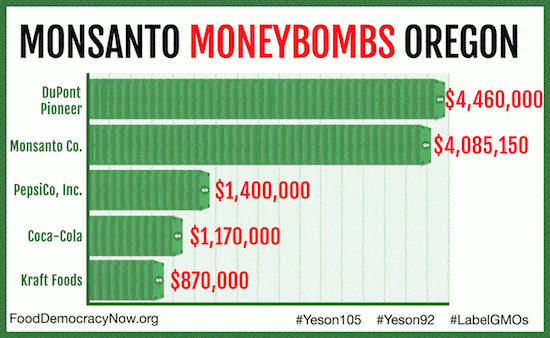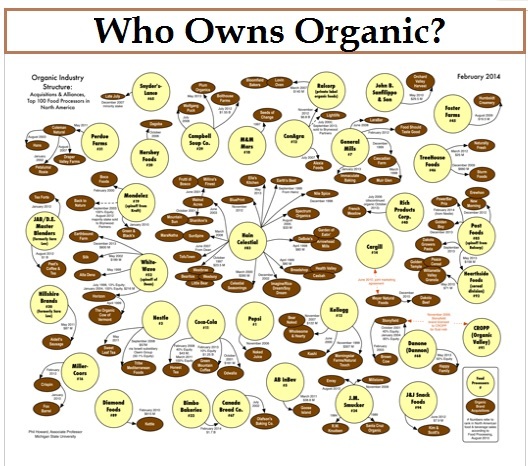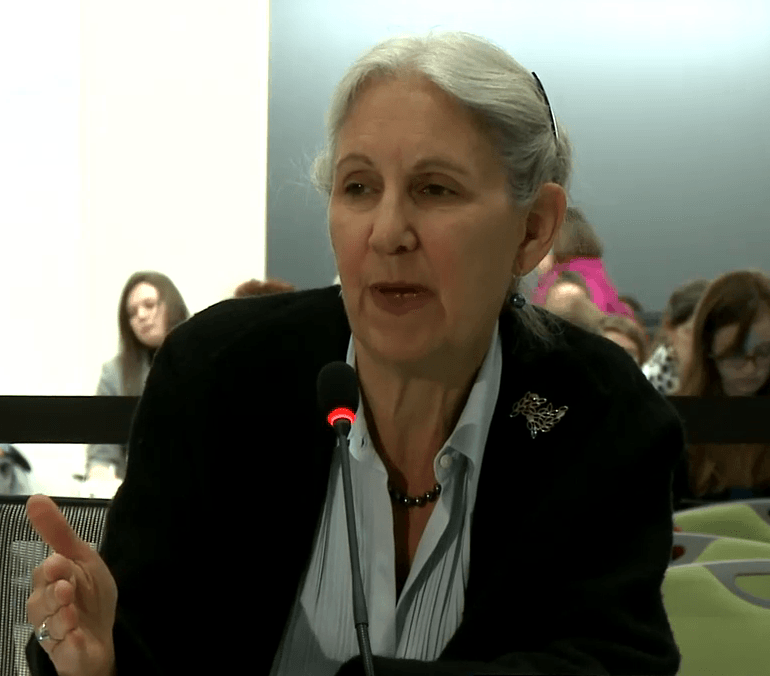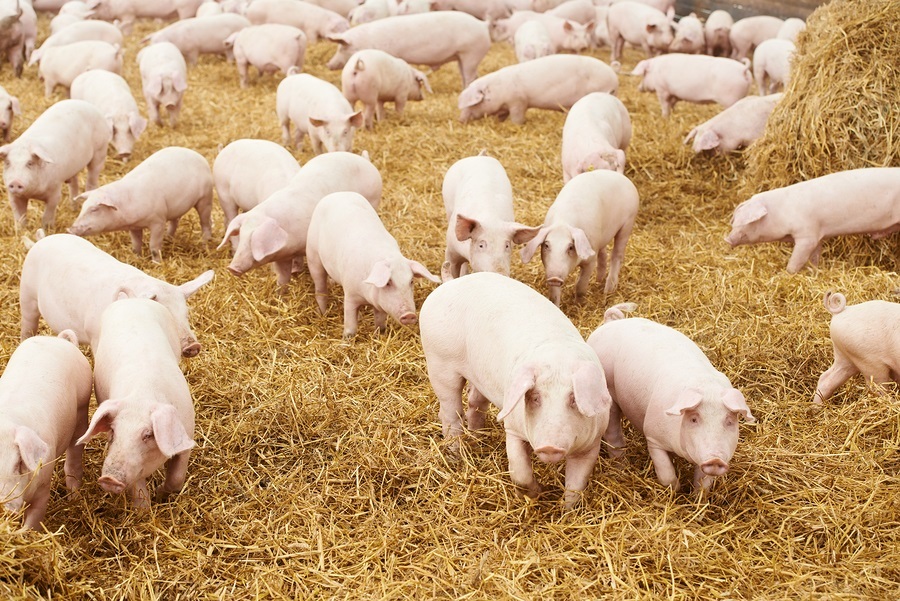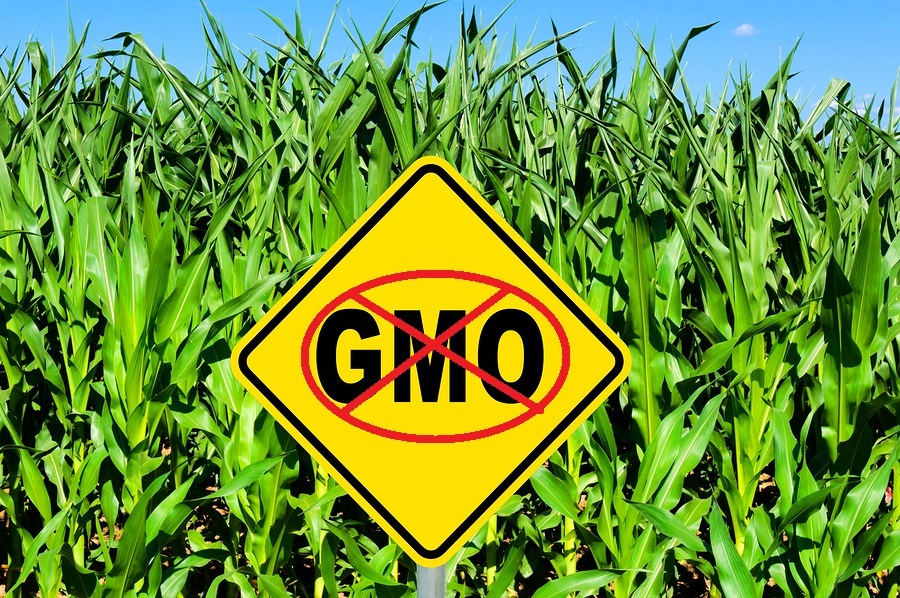Dr. Oz caused a lot of controversy last week when he aired a show titled: New GMO Pesticide Doctors Are Warning Against. The show was highlighting the recent USDA approval of Dow Chemical's herbicide "Enlist," which is expected to gain the approval of the Environmental Protection Agency (EPA). This EPA approval would clear the path for the herbicide to begin being used on America's farmlands and crops.
Dr. Oz apparently feels so strongly about this topic, and how toxic and dangerous this new herbicide is, that he reportedly did something he has never done before on his show: he encouraged his viewers and followers to take political action to try to stop the approval of this product from being used on food. He started a petition to President Obama on Whitehouse.gov, and by the end of the week it was well on its way to the required 100,000 signatures.
The controversial herbicide by Dow contains 2,4-D, a highly powerful and toxic component that supporters of GMO crops now say is necessary due to the fact that super weeds have become resistant to Monsanto's Roundup containing glyphosate. If approved, it will enter the food supply and bring in potentially billions of dollars to Dow Chemical.
So I asked Health Impact News investigative reporter John P. Thomas to research 2,4-D and write a report, as well as to educate us a bit about the approval process with the EPA to get new chemicals approved for use in the marketplace. What you will learn about 2,4-D, which is about to be approved to be sprayed on crops all throughout the U.S., will indeed shock you.




